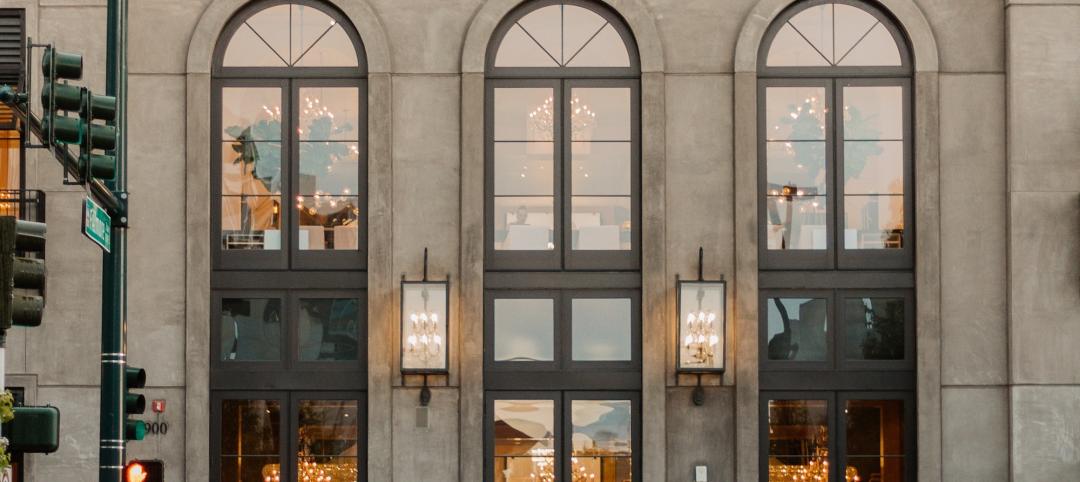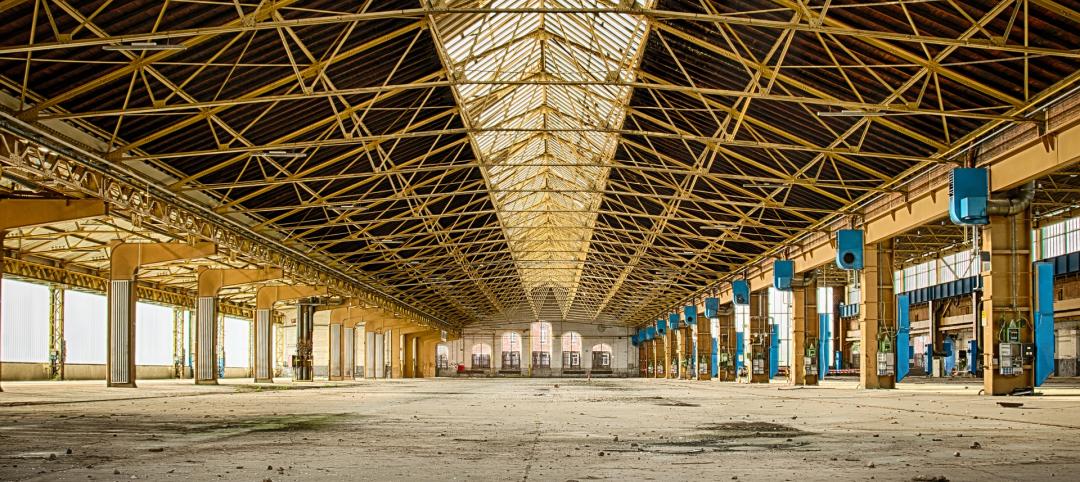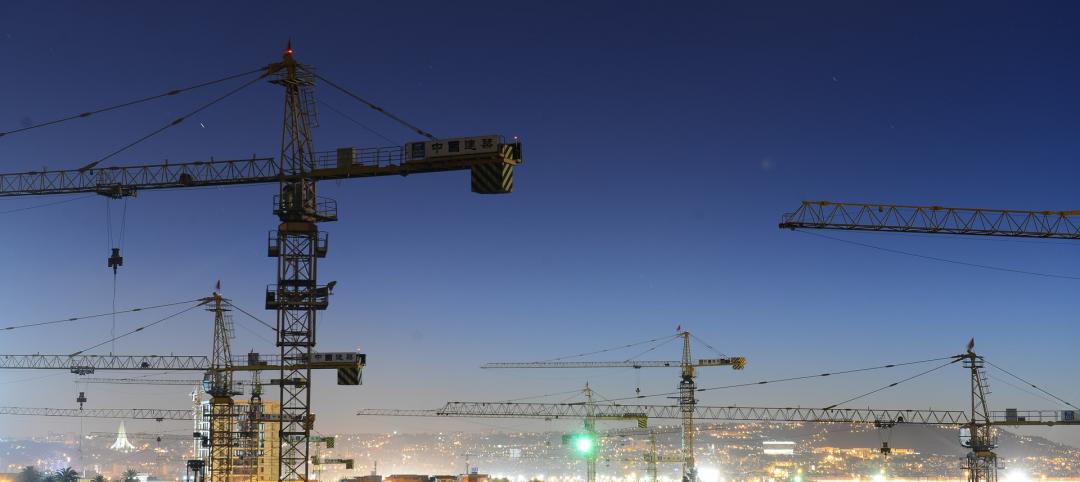Niche neighborhoods and economic diversity are driving forces behind the strong showing of this year’s top ten U.S. cities, according to Emerging Trends in Real Estate® 2017, recently released by PwC US and the Urban Land Institute (ULI). Austin, Texas wins “Top City,” thanks to its authentic, niche neighborhoods and depth of economic diversity, from manufacturing to education, health care and technology. Construction labor shortages and the rapid spread of digitization throughout the industry are also playing key roles in fueling 2017 real estate trends, along with “Optionality,” the multi-purposing of in-demand spaces.
The outlook includes interviews and survey responses from more than 1,800 leading real estate experts, including investors, fund managers, developers, property companies, lenders, brokers, advisers and consultants.
Top trends for 2017:
- Niche Neighborhoods & Economic Diversity: Market characteristics such as authentic, niche neighborhoods with strong economic diversity are driving growth outside of gateway markets. The attractiveness to both workers and employers alike is supporting real estate growth.
- Labor Shortages: Construction labor shortages are driving up construction costs and stretching out project timelines, directly impacting availability of affordable real estate across all residential sectors.
- “Optionality” – A new driving force landlords can use to protect revenue potential by allowing multiple uses of the same space at different times, and permitting tenants to use only the space they need when they need it. For example, an office by day and a party/event venue by night.
- Digitization & Transparency: The digitization of real estate is revolutionizing the industry by improving accuracy, transaction speed and transparency, which in turn is fueling an “auto-correcting” real estate cycle. Rising property prices slowing transaction volumes while new supply remains under control is holding off the traditional “boom/bust” of previous cycles.
Top cities for 2017:
- Austin, TX
- Dallas/Fort Worth, TX
- Portland, OR
- Seattle, WA
- Los Angeles, CA
- Nashville, TN
- Raleigh/Durham, NC
- Orange County, CA
- Charlotte, NC
- San Francisco, CA
Atlanta and Denver both dropped out of the top 10 market ranking for 2017 but are both still in the top 20.
2017’s top 5 markets to watch and why:
- Columbus – A major university town, Columbus is seeing a surge in entrepreneurial activity.
- Richmond – The “hip factor” of downtown Richmond is on the rise.
- Pittsburgh – Emerging tech and other startups are flocking to Pittsburgh because of the access to talent from nearby universities and a 4% lower-than-the-national-average cost of doing business.
- Charleston – The Charleston economy is hitting on all cylinders with strong demographic growth and expanding technology, manufacturing and transportation industries.
- Salt Lake City – Salt Lake City is benefitting from a unique synergy between financial services and technology firm
Related Stories
K-12 Schools | Nov 30, 2022
School districts are prioritizing federal funds for air filtration, HVAC upgrades
U.S. school districts are widely planning to use funds from last year’s American Rescue Plan (ARP) to upgrade or improve air filtration and heating/cooling systems, according to a report from the Center for Green Schools at the U.S. Green Building Council. The report, “School Facilities Funding in the Pandemic,” says air filtration and HVAC upgrades are the top facility improvement choice for the 5,004 school districts included in the analysis.
Industry Research | Nov 8, 2022
U.S. metros take the lead in decarbonizing their built environments
A new JLL report evaluates the goals and actions of 18 cities.
Reconstruction & Renovation | Nov 8, 2022
Renovation work outpaces new construction for first time in two decades
Renovations of older buildings in U.S. cities recently hit a record high as reflected in architecture firm billings, according to the American Institute of Architects (AIA).
Hotel Facilities | Oct 31, 2022
These three hoteliers make up two-thirds of all new hotel development in the U.S.
With a combined 3,523 projects and 400,490 rooms in the pipeline, Marriott, Hilton, and InterContinental dominate the U.S. hotel construction sector.
Laboratories | Oct 5, 2022
Bigger is better for a maturing life sciences sector
CRB's latest report predicts more diversification and vertical integration in research and production.
Multifamily Housing | May 11, 2022
Kitchen+Bath AMENITIES – Take the survey for a chance at a $50 gift card
MULTIFAMILY DESIGN + CONSTRUCTION is conducting a research study on the use of kitchen and bath products in the $106 billion multifamily construction sector.
Market Data | Apr 14, 2022
FMI 2022 construction spending forecast: 7% growth despite economic turmoil
Growth will be offset by inflation, supply chain snarls, a shortage of workers, project delays, and economic turmoil caused by international events such as the Russia-Ukraine war.
Industrial Facilities | Apr 14, 2022
JLL's take on the race for industrial space
In the previous decade, the inventory of industrial space couldn’t keep up with demand that was driven by the dual surges of the coronavirus and online shopping. Vacancies declined and rents rose. JLL has just published a research report on this sector called “The Race for Industrial Space.” Mehtab Randhawa, JLL’s Americas Head of Industrial Research, shares the highlights of a new report on the industrial sector's growth.
Codes and Standards | Apr 4, 2022
Construction of industrial space continues robust growth
Construction and development of new industrial space in the U.S. remains robust, with all signs pointing to another big year in this market segment
Industry Research | Apr 4, 2022
Nonresidential Construction Spending Drops Slightly in February, Says ABC
National nonresidential construction spending was down 0.1% in February, according to an Associated Builders and Contractors analysis of data published today by the U.S. Census Bureau

















